Our Story
The Rose Castle Foundation was founded in 2014 by Canon Sarah Snyder, a peacebuilding practitioner.
Sarah has over thirty years of experience working with communities and senior religious leaders around the world to promote faith-based ways of building peace and restoring relationships.
A Cambridge University theologian specialising in Jewish-Christian-Muslim relations, and a trained mediator, Sarah was the Archbishop of Canterbury’s Special Adviser for Reconciliation programmes and resources until 2021. She previously worked with the United Nations as Director of Partnerships at Religions for Peace, and directed conflict schools for the Cambridge Interfaith Programme at the University of Cambridge.
Her early career as a documentary producer for BBC Television included time spent living and working with the Tuareg nomads in the Sahara Desert, which sparked her fascination for authentic interfaith work and the power of hospitality. She founded the Rose Castle Foundation to build a global network that equips reconcilers to cross divides and transform conflict.
Watch the video below to hear Sarah share more of our story at the 2024 Templeton Conference in Dublin:
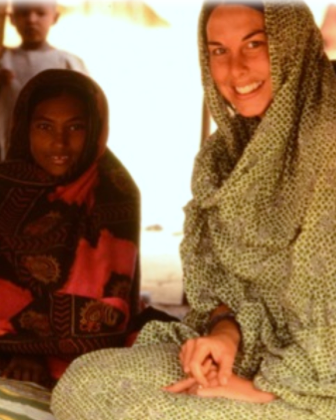
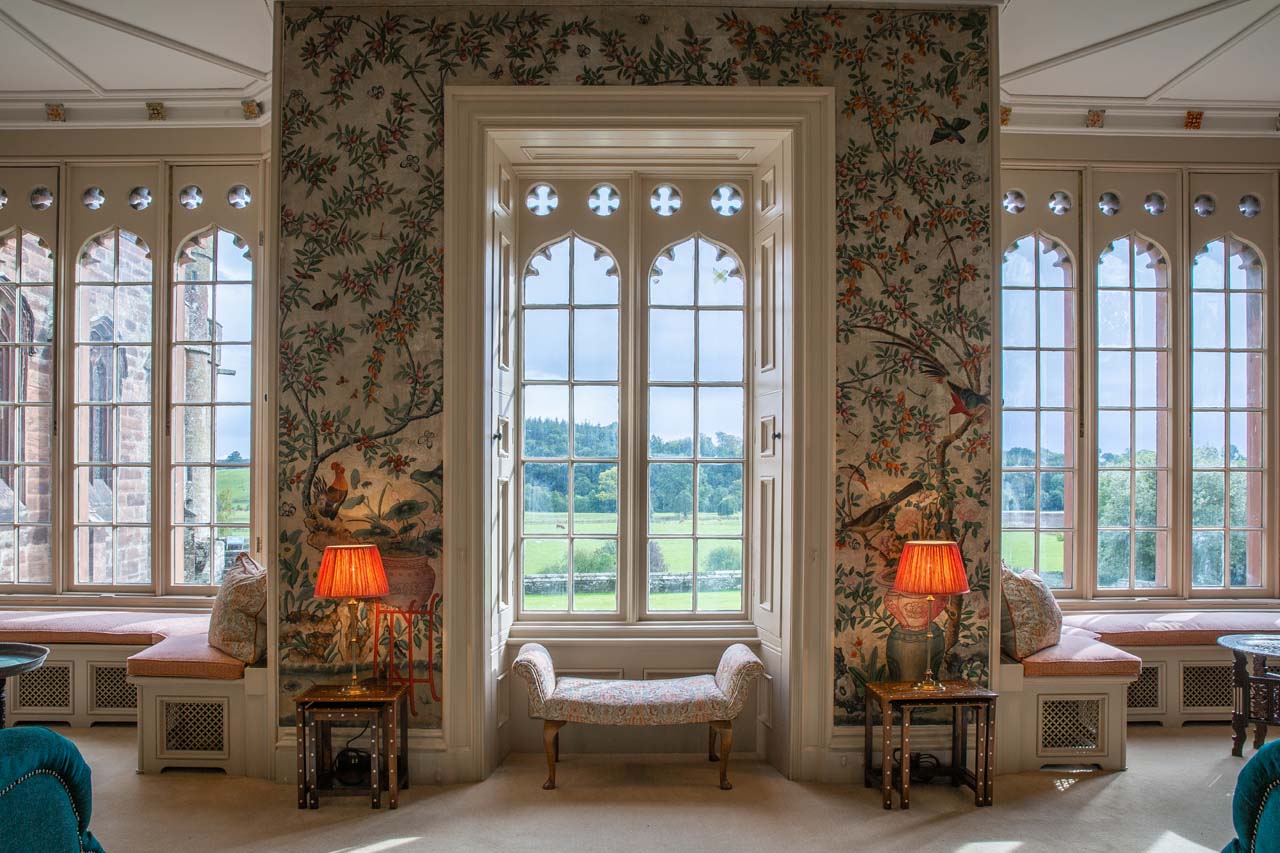
We take our name from an 800-year-old castle on the ancient borderlands of England and Scotland.
Originally built to withstand invading enemies, Rose Castle has been burned, sacked, pillaged, destroyed, and rebuilt dozens of times. It has been both Catholic and Protestant; English and Scottish, yet always a house of prayer with a peaceful chapel at its heart.
In the 21st century, Rose Castle became vacant, the very same week Canon Snyder moved with her family to the nearby Lake District. Asked by the then-bishop, almost in passing, what her vision would be for the empty fortress, Sarah replied:
“Well, given that the castle was built to withstand the enemy, and given that it's been a house of prayer for 800 years, why don't we reopen its doors as a prayerful place that seeks to unite enemies instead of repel them?" The wise bishop said, "That's a great idea. Can you make it happen?"
Rose Castle Foundation (RCF) was founded in 2014 to welcome strangers from both sides of a divide, and now hosts peacebuilding programmes at the castle and other locations around the world. RCF is headquartered on the Rose Estate.
Rose Castle itself is owned, maintained, and operated by Rose Castle Company, a not-for-shareholder-profit company. When RCF isn’t running programmes at the Castle, the company hosts corporate gatherings, weddings and leisure groups.

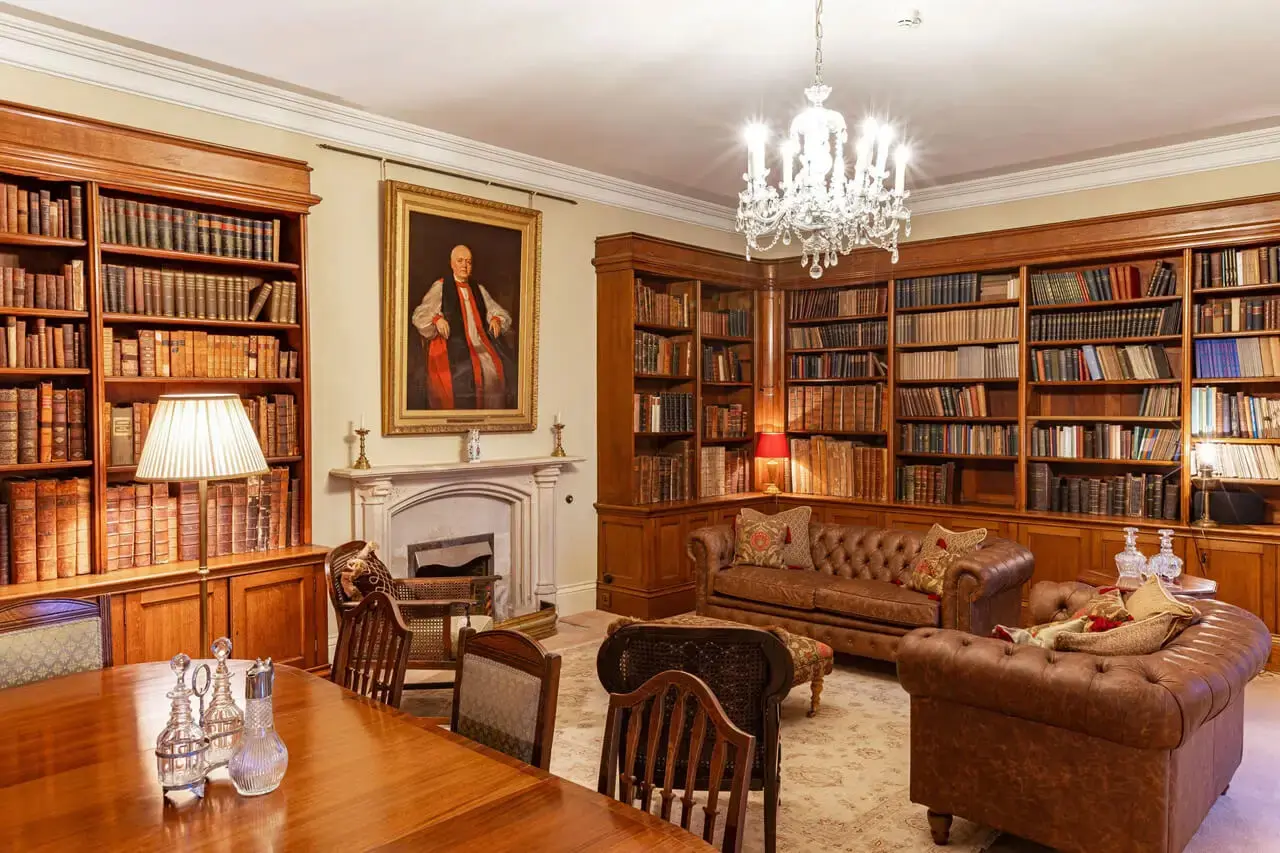

Built on the practice of Scriptural Reasoning, we work with scripture-formed communities around the world.
At Cambridge University in the 1990s, Sarah regularly participated in Scriptural Reasoning (SR), whereby Jews, Christians, and Muslims each read their own sacred texts together, addressing a contemporary issue of shared concern. Through Scriptural Reasoning, Sarah found a way to be honest about her Christian heart, and yet to understand deeply the perspectives of a Muslim or Jewish heart. The practice of Scriptural Reasoning has since spread widely to include people from all faiths and none. The practice remains foundational in the design of our programmes and is essential for interfaith work that seeks to engage those who are scripturally-formed.
We welcome groups from across divides into a shared space, hosting encounter experiences and retreats.
We work with emerging and established leaders who are motivated by their faith and moving into positions of influence across societal divides. We equip them to lead through change, chaos and conflict, not just today but for the long term. They learn with those on the other side of their divides, re-humanising those they no longer see or hear, and working towards a more peaceful future where both sides flourish – one in which their differences still matter.
Our focus on difference as well as common ground, with space to explore and articulate our faith or ideological motivations, makes the Rose Way unique. Our programmes bring this approach to life in a place of deeply thoughtful hospitality, with an enduring and growing network of support that leaders can draw on as they become key decision makers across challenging divides.
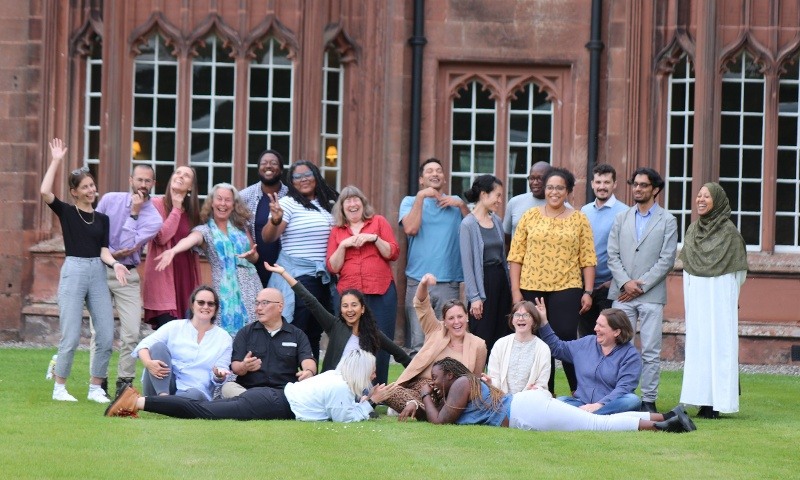

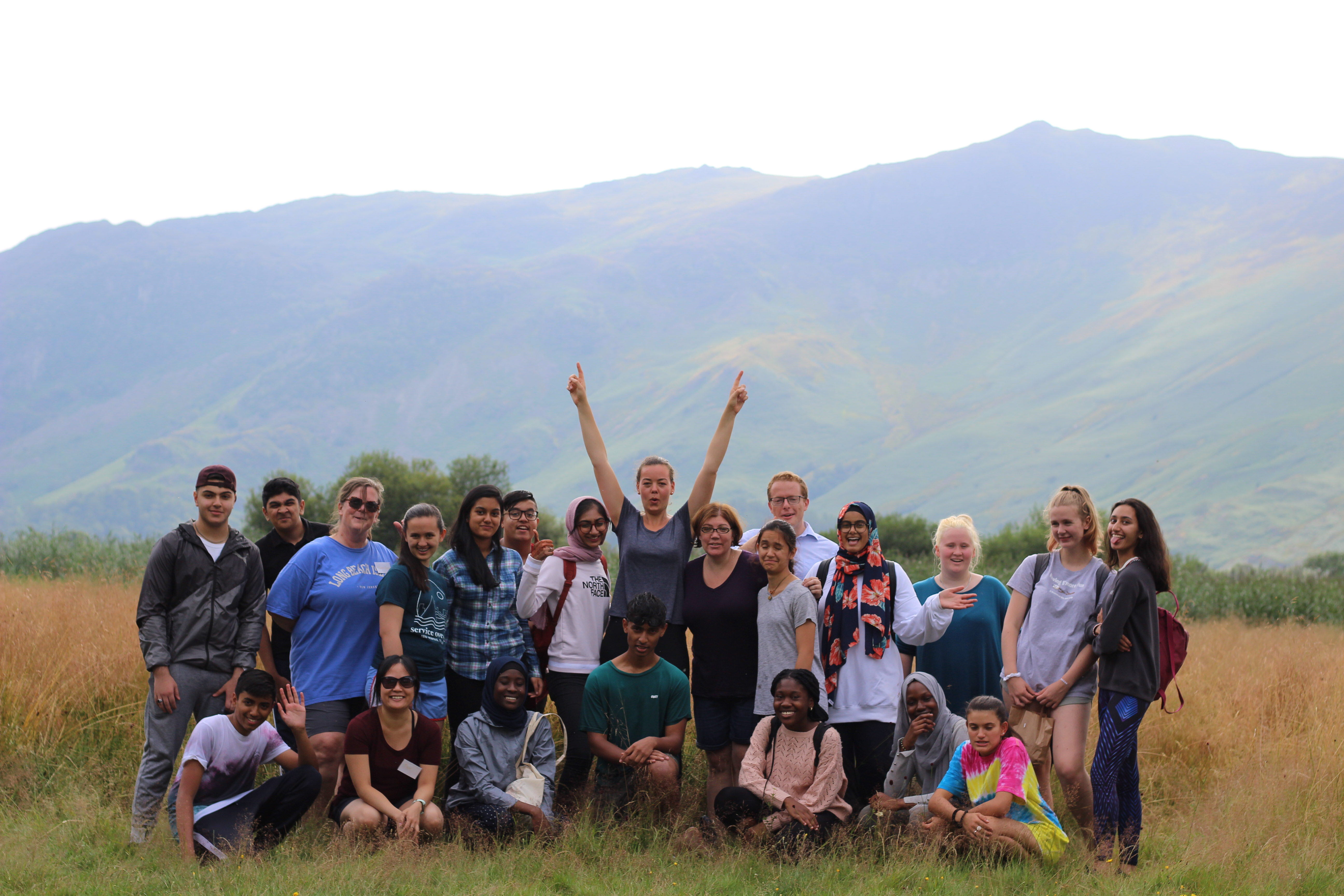
10 years and counting! Sign up to our newsletter to follow the journey...
2024 marks our 10 year anniversary and we are so grateful for everyone who has supported, participated and shaped our story so far. We are even more excited about what lies ahead and look forward to sharing news and updates with you along the way.
Sign up to receive updates on what we've been up to and opportunities to engage.